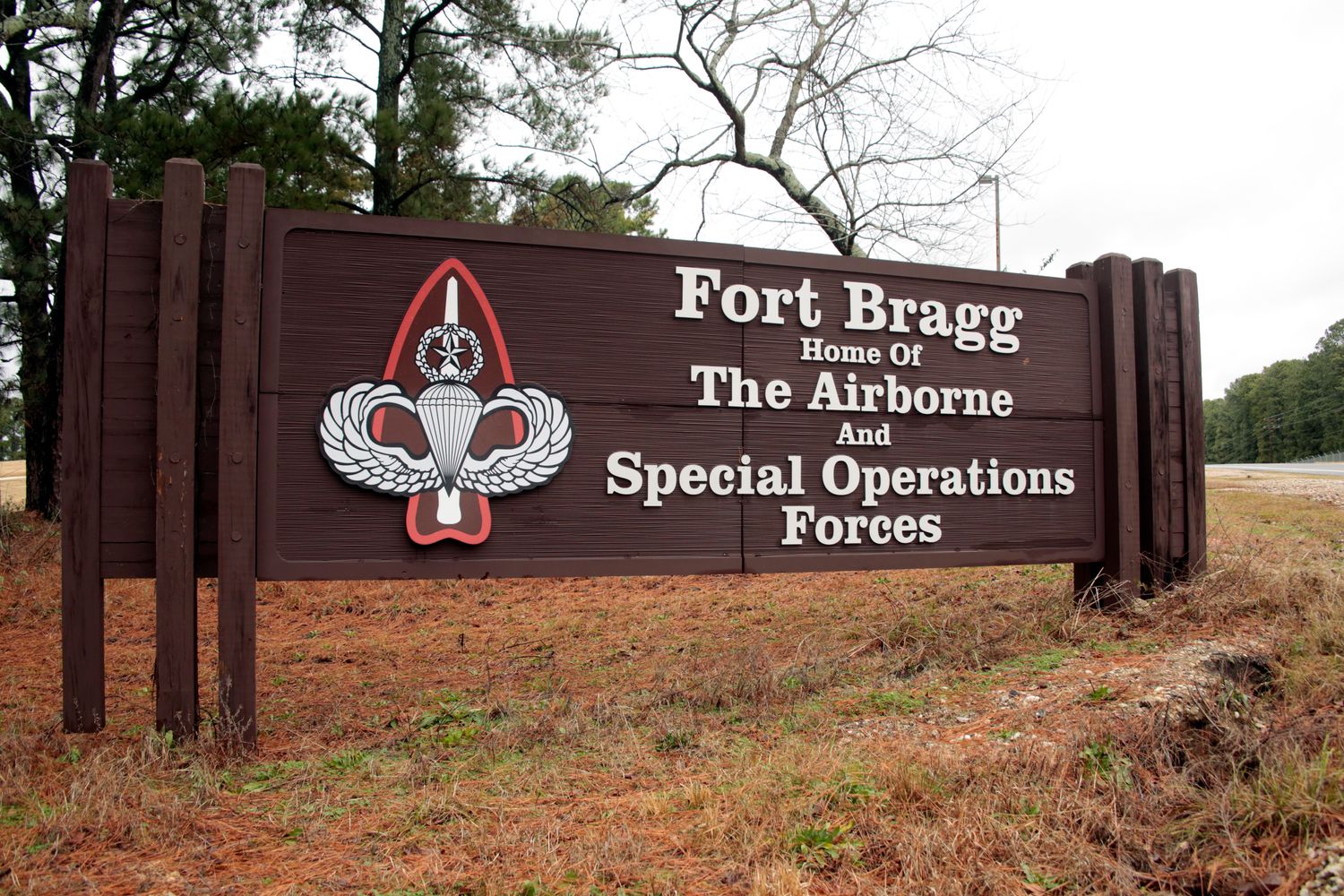
According to two Defense Department officials and a former Trump administration official, some in the Pentagon took the tweet as a rebuke to Esper, who is already on thin ice with the president after he publicly opposed deploying active-duty troops to respond to civil unrest. Others interpreted the tweet as Trump playing to a base that is sick of politically correct culture.
Either way, the tweets further inflamed tensions between the White House and the Pentagon, a relationship already on the rocks over disagreements on how to respond to the racial unrest hitting the nation.
“After the last week of protests, and seeing the military come together and hearing leaders say, ‘We’re here to listen,’ to have the president send something out like that is hurtful,“ said one military official. „It feels like we took two steps forward and six steps back. Just to have a conversation, that’s all we wanted.“
After McCarthy and Esper released their statement on Monday, senior leaders learned that the president wasn’t on board with discussing the base names. But they had no idea on Wednesday that the tweet was coming, the military official said. A defense official, who like the officer spoke on the condition of anonymity to speak candidly about the situation, said the department was in the early stages of developing a more cohesive policy to address the issue, which was sparked by the race-related protests breaking out across the U.S.
But the president’s tweet has, for now, slammed the door shut on any attempts to rename the installations.
Military leadership „is shocked,“ said the former Trump official, who remains close to the Pentagon. „They thought this was a no-brainer.“
A Pentagon spokesperson referred questions to the White House. An Army spokesperson referred to the National Security Council.
Trump’s break with Pentagon leaders on the issue comes just a week after Esper angered the president with his opposition to using the Insurrection Act to deploy active-duty troops to deal with protesters. Inside the Pentagon last week, officials believed Esper was about to get fired, said the defense official. White House staff went so far as to begin drawing up a list of possible replacements.
After three days of sidestepping questions about whether the president still had confidence in the defense secretary, White House spokesperson Kayleigh McEnany finally issued a statement of support on Esper.
But the Wednesday tweet raises questions about whether Esper has once again gotten sideways with the president.
„Esper got reamed for even suggesting it,“ the former Trump official said.
McEnany highlighted Trump’s tweet during a White House briefing moments after he sent it, noting that the president is „fervently“ against renaming the forts.
„To suggest these forts are somehow inherently racist and their names need to be changed is a complete disrespect to the men and women, who the last bit of American land they saw before they went overseas and lost their lives were these forts,“ McEnany said.
However, one person close to the White House said Trump still has confidence in Esper.
The openness to renaming the bases reflected a change from as recently as February, when the Army said it had no plans to review the names of the facilities. Monday’s decision followed the Marine Corps’ announcement that it would ban images of Confederate flags from its installations. The Navy, too, said it was drawing up plans to ban depictions of the Confederacy on bases, ships and planes.
The Army faced an uphill battle in renaming some or all of its 10 installations that honor Confederate military commanders. For years, previous calls for change have gone unheeded, as officials sought to dismiss concerns by arguing the bases were named to celebrate American soldiers and that renaming them would upend tradition.
The Army bases in question, all in Southern states, are Fort Bragg, N.C.; Forts Benning and Gordon in Georgia; Forts Pickett, A.P. Hill and Lee in Virginia; Fort Polk and Camp Beauregard in Louisiana; Fort Hood, Texas; and Fort Rucker, Ala.
Source: politico.com
See more here: news365.stream






